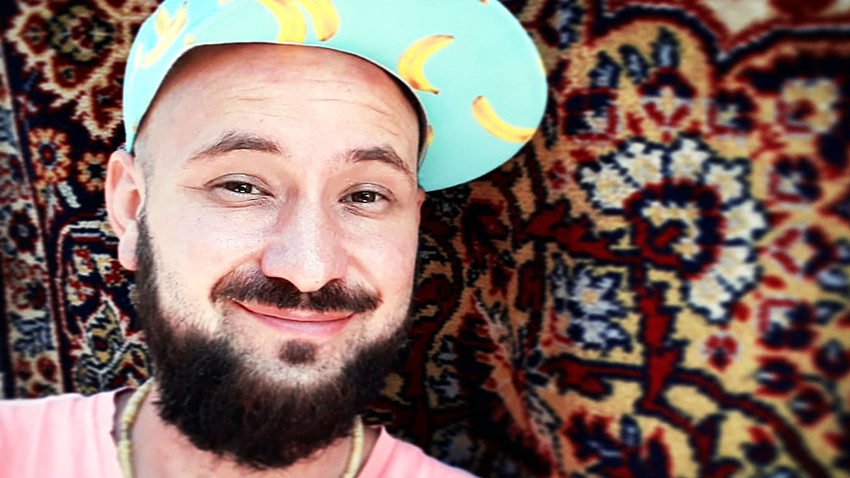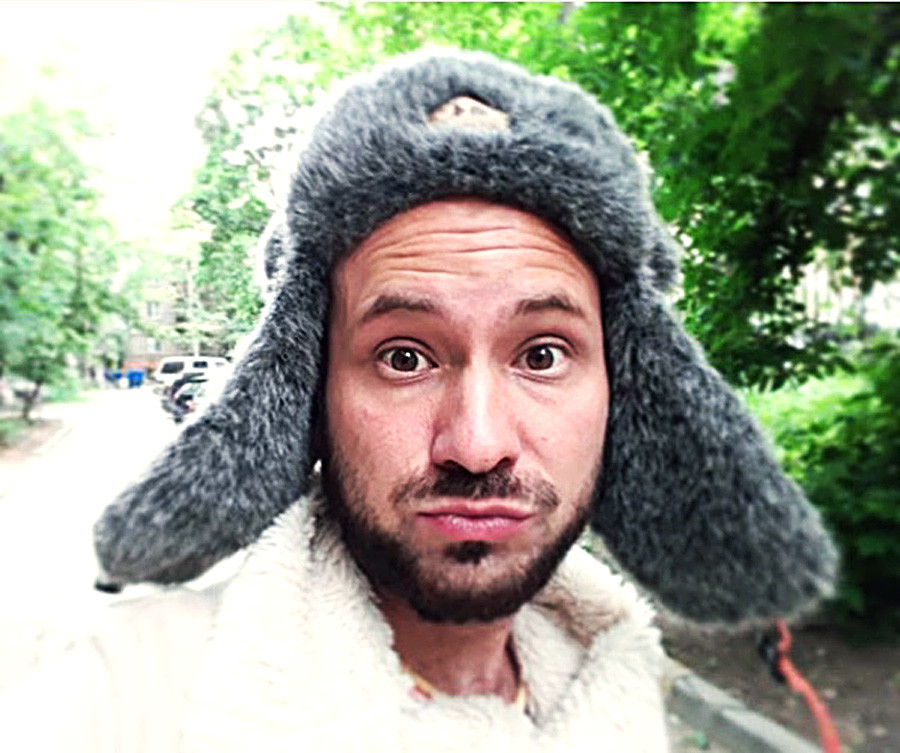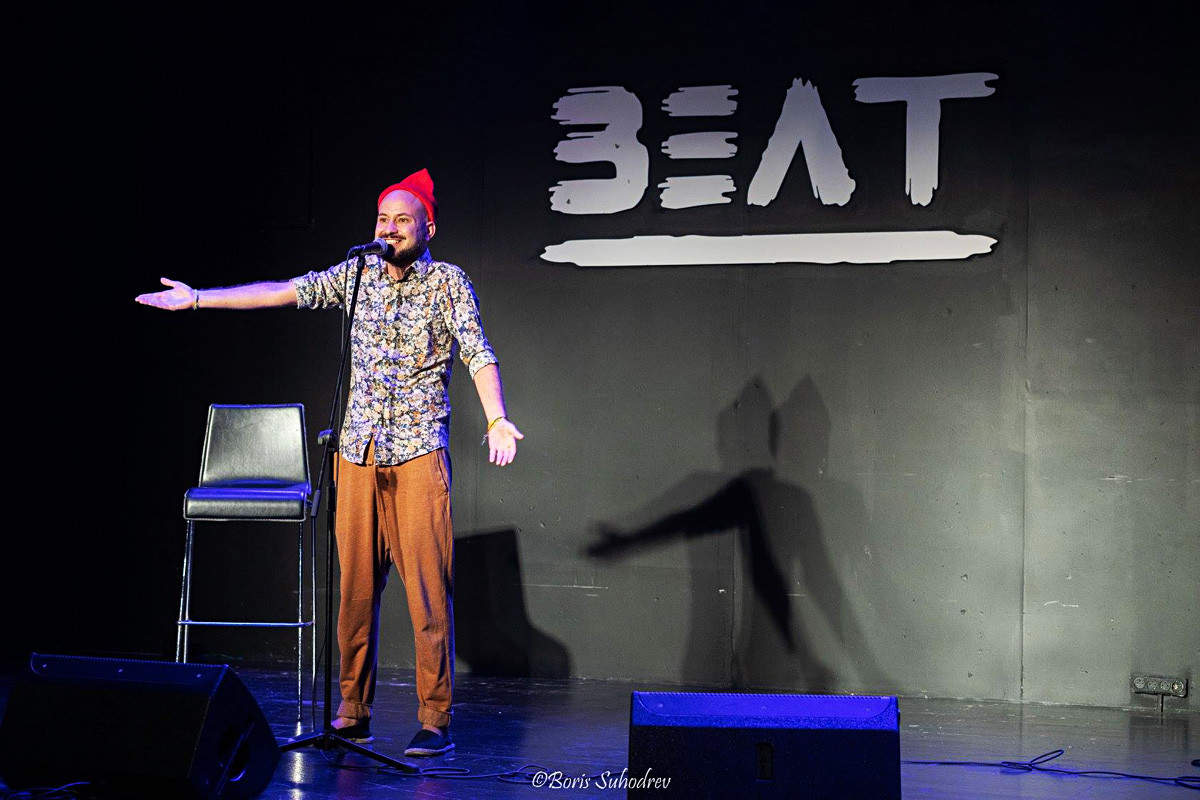Humor, politics: How a Muscovite assimilates in Israel

It’s cold in Russia. I decided to move because the Russian climate isn’t for me. I want to bathe in warm sunshine, surrounded by lush vegetation and positivity. Since I have Jewish roots and the right to move to Israel, I decided to repatriate.
I don’t like Russia’s marijuana law. In Israel the law is more tolerant, and here the medicinal properties of cannabis are taken seriously. I think it’s a more cultured approach.
A year on, I can now hold a basic conversation in Hebrew. I still don’t speak it well, and it’s not the most phonetically melodious language and can be quite peculiar at times, but there are more complicated languages out there

When I say I’m from Moscow, everyone is surprised. Because Moscow is a city full of opportunities and Russia is such a
A group of repatriates including myself created the Ministry of Humor. It’s

I’m shooting pre-election videos for an electoral candidate. One of the reasons for moving was my dissatisfaction with the current political situation in Russia. I think there’s more democracy here. Regional elections have been taken place recently across Israel, and candidates were actively campaigning and holding events. Haifa is a small city. I know people who worked at the headquarters of one of the candidates, but I decided to shoot a freelance video. At the same time, I work with people in Moscow, writing scripts for various projects.
The hardest thing of all was getting used to the prices. In Israel, everything is more expensive than in Russia. The Sabbath doesn’t affect me much. I live in an Arab district, so the shops here don’t close on Saturdays. But during the

This is part of a series of articles about Russians living abroad. Read how journalist Maria battles stereotypes about Russian women in Croatia.
If using any of Russia Beyond's content, partly or in full, always provide an active hyperlink to the original material.
Subscribe
to our newsletter!
Get the week's best stories straight to your inbox